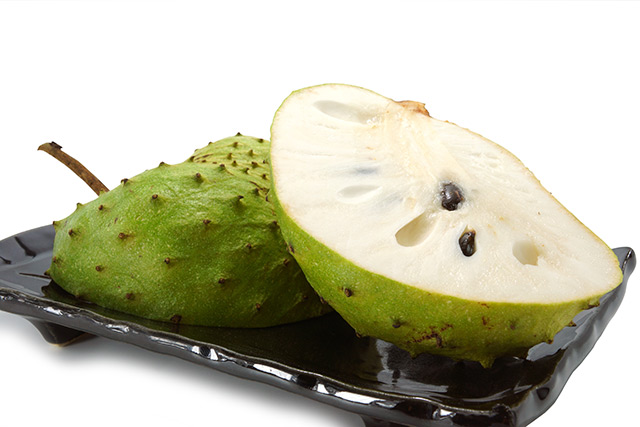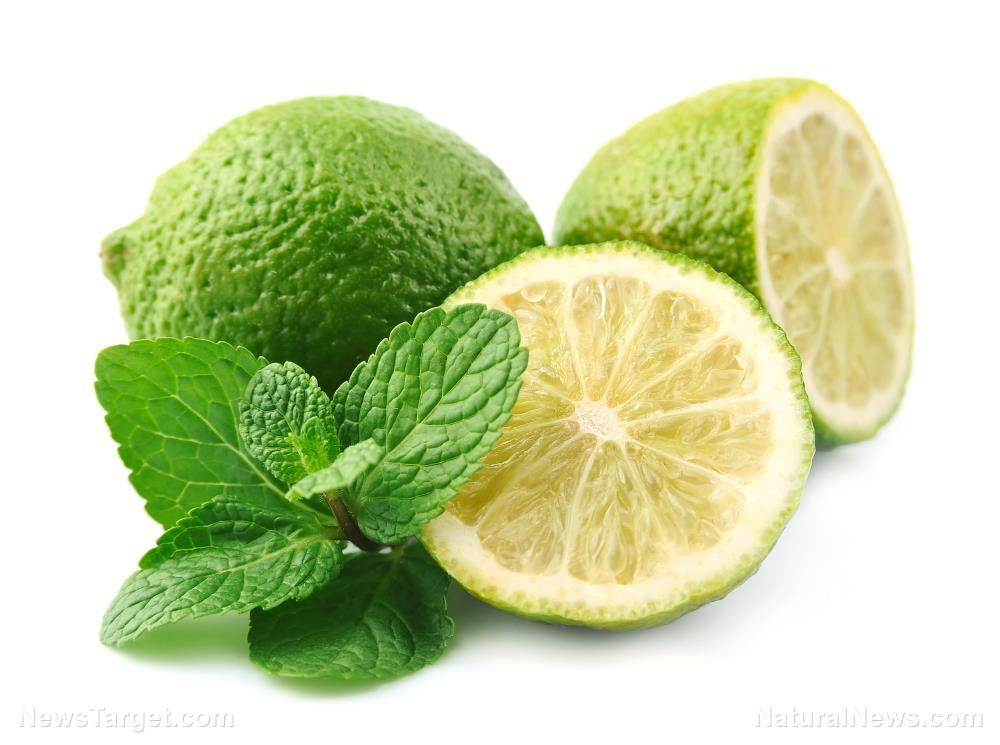“Nutritional” hospital drinks laden with ingredients that make most conditions WORSE
02/05/2018 / By Isabelle Z.

Hospitals are places where doctors and nurses give you everything you need to get better – at least in theory. Unfortunately, the sad reality is that many of the meal replacement drinks commonly given to patients in American hospitals are full of dangerous ingredients like refined sugar.
There are lots of cases where people might not be able to take in the protein and calories they need in a day, whether it’s a person who can’t chew or is suffering dementia in a nursing home or an otherwise healthy adult recovering from surgery. In these cases, supplemental “nutritional” drinks make sense on the surface, but public health experts warn that people would be far better off making their own than taking the brands that most medical centers give to their patients.
These drinks often contain antioxidants that boost the immune system, like vitamin C. However, such ingredients are typically blended with sugar to improve their taste, making them the last thing that people who are trying to get healthy need to be putting into their bodies.
In the chocolate version of the nutritional Boost drink, for example, the first three ingredients are water, sugar, and corn syrup. A processed sweetener that is made of corn starch, corn syrup has been linked to problems like diabetes, cancer, liver damage, and heart disease. For example, a study published in the American Journal of Clinical Nutrition in 2013 showed that high fructose corn syrup directly caused liver damage to lab animals. In addition to its high sugar content and a slew of other chemicals, it also offers up just 10 grams of protein and three grams of fiber.
The popular Ensure Original Nutrition Shake, meanwhile, gives people a toxic mix of soy, flavor-enhancing chemicals, and GMO-based vitamins. The third ingredient after high-glycemic maltodextrin is sugar, which is dangerous enough for people who aren’t sick, much less those who have reason to be on a liquid diet. It contains such health-destroying ingredients as canola oil, the dangerous thickener carrageenan, liquid sucralose, GMO soy protein isolate and corn maltodextrin.
While these options are better than starving, there are plenty of more nourishing alternatives that are easy to make and transport to loved ones in care facilities. One is plain yogurt, which combines calories and protein with probiotics for an immune system boost. It’s easy to mix organic fruits into yogurt for a flavor boost, and you can thin it out with organic milk if the texture is a concern.
Food-based smoothies or shakes are also great choices, as are homemade juices that use the skin of the fruits and vegetables for added fiber. Always make sure you are using organic produce from trusted sources. You can also try organic superfood powders that can be added to water or smoothies to provide extra nutrients.
It’s actually a pretty clever business move on the part of hospitals and doctors to give patients these unhealthy drinks en masse because it ensures repeat business. Refined sugars have been linked to chronic health problems like heart disease, fatty liver disease, and type 2 diabetes, which means you’ll need even more medical care in the future.
Geriatrics experts express concerns about so-called nutrition drinks
Geriatrics experts have called these sugar-laden drinks out for their poor formulations. Telligen Chief Medical Officer Dr. Paul Mulhausen is concerned that the beverages are being promoted as wellness interventions and used heavily in geriatric care settings.
These drinks were considered one of the top 10 issues facing geriatrics at a recent American Geriatrics Society meeting. Dr. Mulhausen also pointed out that they are sometimes given to people when they start to lose weight instead of looking into what could be causing the weight loss in the first place, like memory loss, mobility problems, or depression.
He thinks the use of oral liquid nutrition supplements should be limited to a very specific set of circumstances for severely undernourished people in hospitals. Otherwise, he echoes the recommendation for real food like yogurt smoothies that include fiber.
Read more breaking news on food and health at Food.news.
Sources for this article include:
Tagged Under: boost, ensure, GMOs, Hospitals, ingredients, Liquid diet, nutrients, nutrition, nutrition drinks, smoothies, sugar, toxins, unhealthy hospital food, Western medicine




















